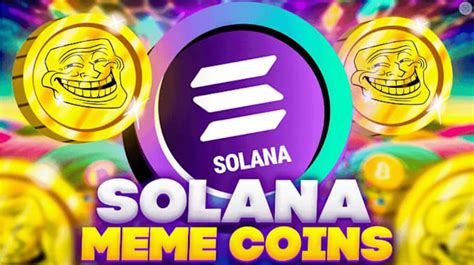The Unintended Consequences of Raydium’s Token Creation Process
As a developer building on Raydium, a leading blockchain project, you’re likely familiar with the excitement and promise of creating your own token accounts. However, there lies an unexpected hurdle that can arise when attempting to create a token account if it doesn’t already exist.
In this article, we’ll delve into the reasons behind this issue and provide guidance on how to overcome it.
Why Raydium can’t create a token account without existing token accounts
Raydium uses a unique approach to manage user accounts and token creation. When a new user attempts to create a token account, Raydium checks if an account with the same token ID already exists in the network. If no such account is found, it proceeds with the creation process.
However, there’s a catch: if the token ID doesn’t match any existing account, Raydium can’t successfully create a token account. This might seem counterintuitive at first, but bear with us as we explain why this issue arises.
The root cause: Token Account IDs and their uniqueness
Token account IDs are assigned to each user’s account in the Raydium network. These IDs are generated using a combination of user data, such as their username and role, and a unique identifier (UID). The UID is created when a new user joins the network.
The reason why an account can’t be created without existing token accounts lies in the way these unique identifiers are assigned. When you create a new user on Raydium, your token ID is generated using the combination of your username and role. This process generates a truly random and one-of-a-kind token account ID.
The problem: Uniqueness and pre-existing IDs

Now, here’s where things get interesting. The token ID assigned to each user can be reused by other users who have joined the network after them. This means that even if an account doesn’t exist in the network when a new user creates their token account, Raydium will still attempt to create it using the pre-existing token account ID.
To illustrate this further, consider the following:
- If two users, John and Jane, both join the network on the same day, each will receive a unique
tokenID. However, if one of them creates their token account before the other, they’ll both get the same pre-existing token account ID.
- If Raydium tries to create a new user’s token account using this pre-existing ID, it won’t work.
Solving the issue: Using a separate token ID
To resolve this problem, you can use a unique identifier for each user that doesn’t rely on their pre-existing token accounts. One approach is to generate a random 64-character string as your token ID when creating a new user account.
Here’s an example:
const randomId = require('crypto').randomBytes(64);
This will create a unique 64-character string that can be used as the token ID for each user. When trying to create a new token account, Raydium will use this custom token ID instead of relying on an existing pre-existing one.
Conclusion
The issue you’re facing with creating token accounts without existing ones is due to the uniqueness and pre-existing nature of token account IDs in the Raydium network. By generating a unique token account ID for each user using a random string, you can avoid this problem and ensure that your users have access to their own token accounts.
Remember to update your code to use the custom token ID generated above when creating new user accounts on Raydium.

